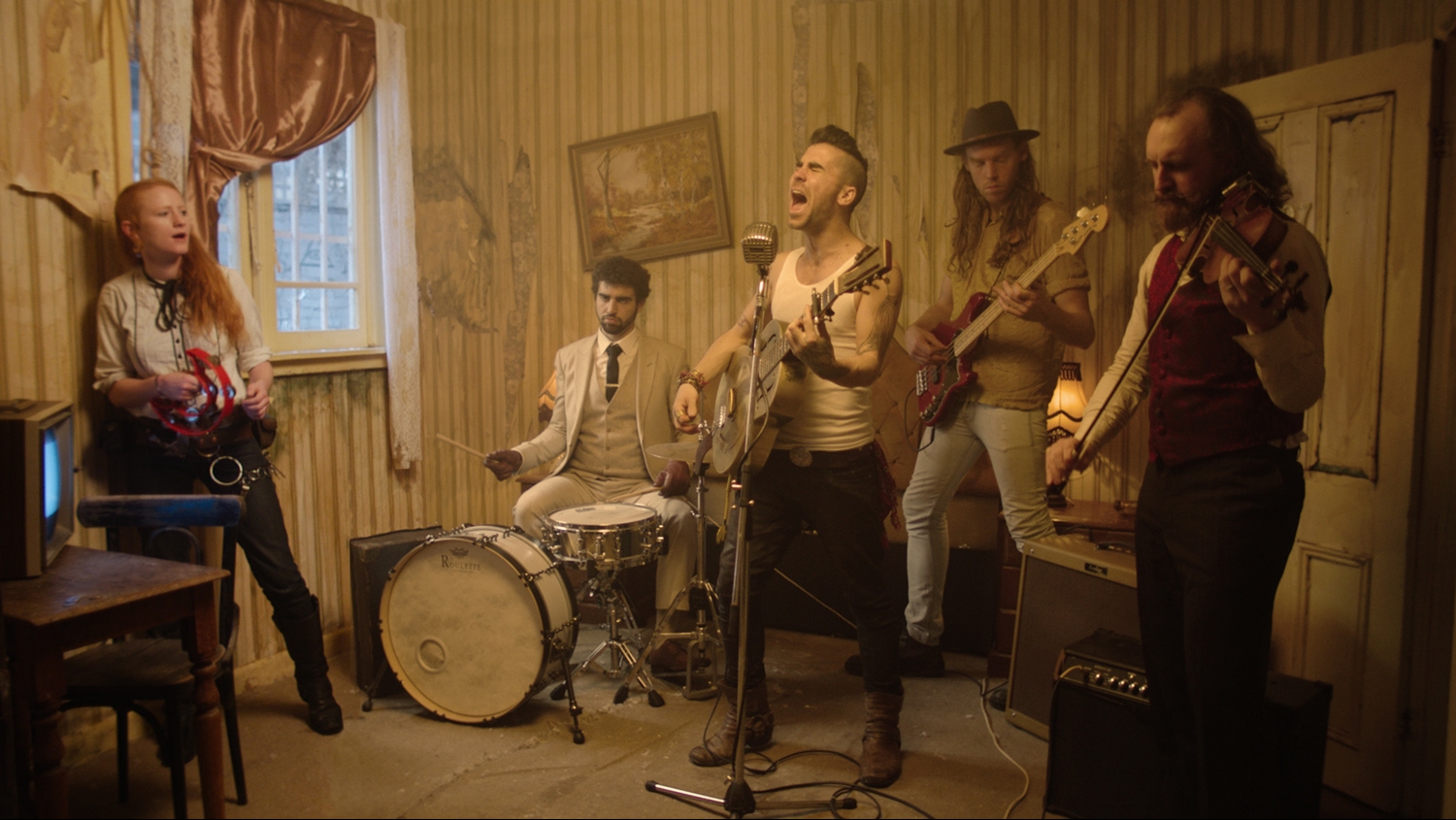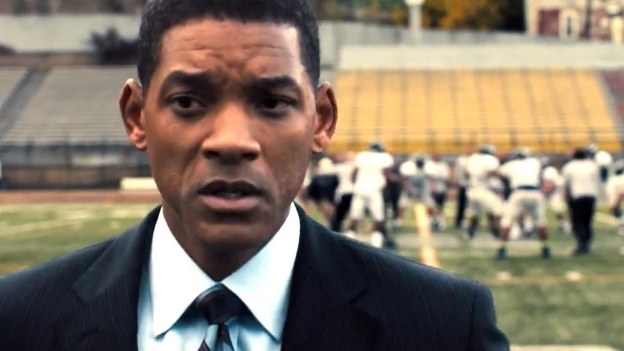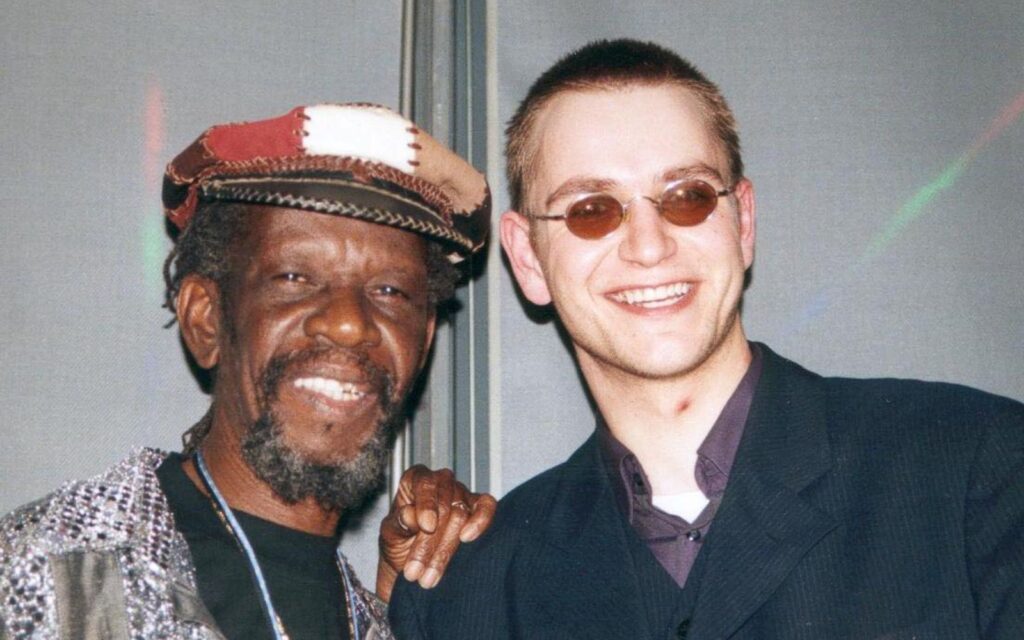“When I first moved to Melbourne I was really poor,” he recalls. “I would go busking all the time. It’s a good thing to have when you’re living in poverty, because if you don’t have enough money to eat, you can walk to a corner and start playing, get a couple of dollars to buy food – even if it’s only a couple of dollars over a few hours at first – and it’s glorious. It’s also great because you play to an audience, but that audience moves on at great speed. You’re not really surrounded by anyone who has witnessed your embarrassing mistakes. You’re also getting used to being in front of people, so you get your confidence up without having to deal with the repercussions of your terrible music. And through that, you can get better.”
His development has taken many forms – from creative writing student at Wollongong, to reclusive lighthouse keeper, to Fitzroy raconteur – and as his musical skills have grown, so too has the troubling story of Wilson and Ophelia Tumbleweed taken shape. A journey of incestuous love, murder and madness, Blacklock’s romantic saga may not exactly make for good conversation during Sunday service, but the songs themselves are entertaining as hell.
“I started writing the first song about 11 years ago. It’s not like I’d been constantly working at it that entire time. I wrote one song, and it had a character, it had a voice. It didn’t really describe that character, but I had an idea of who he was, and then however long it took for the next song to come along, that character became more solidified. Over the next 11 years it made the world bigger and the character more realistic. His personality and characteristics grew until he was complete,” Blacklock says.
“It’s about these twins, Wilson and Ophelia, who fall in love and begin a sexual relationship, and the horrible life that follows on from that. Ophelia gets sold into slavery, their father tries to kill Wilson but he escapes and tries to find his sister, and crawls through all of these strange and horrible underworlds to get there.”
The Lonesome March of Wilson Tumbleweed is described as a grime blues, doom folk, rock opera, and as colourful as that description may sound, it is also rather apt. There are shadows of Tom Waits and Nick Cave here, which is a remarkable evolution for an artist who cut his teeth on a staple diet of LeAnn Rimes and Simply Red (a combination, come to think of it, that almost certainly leads to madness). Yet even before the launch, which Blacklock describes as a semi-theatrical stage show, the album has encountered controversy with the video for lead single Cocaine Days.
“I was aware that it was a sensitive issue,” Blacklock says. “We thought about it during production, and it was important to us to make sure there was a mix of genders there to balance things. We didn’t get the amount of male extras we wanted, which was problematic but with indie filmmaking you have to take what you can get. The intention was to show a savage, random act of a madman in a brothel. But the problem was in the video, you see bloody women, and a lot of people got angry. And that’s fair, and I remain completely open to discussing it with people.
“I think it’s an important issue to discuss, and I think it’s good that it has been discussed in public with that video. The comment that I got constantly was that I was promoting violence against sex workers, and that’s definitely not what I was doing. It was a small part of a larger story, and that moment has to do with someone going crazy and doing evil things. I find it really interesting to write a character who is so unsympathetic, but who you still sympathise with his goals, his ambitions, even though he’s quite a horrible person. I think that’s a really interesting place to write about as an artist, but also interesting for an audience to follow him around,” Blacklock continues.
“I’ve learnt a lot about how what I make effects people, and I would do things differently in the future. But I think it’s really important that the video stays up. If I took it down now, that whole conversation as well as the video is gone, and I think it’s important that conversation is there. All of the things I learnt from it, and what others could learn. It would be sad to see that disappear.”
BY ADAM NORRIS







